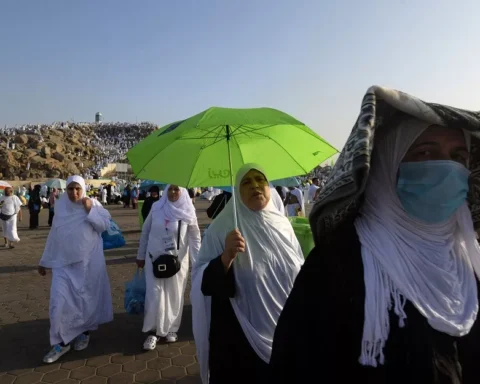Arshad Khan, popularly known as “Chaiwala,” has approached the Lahore High Court (LHC) following the suspension of his Computerized National Identity Card (CNIC) and passport by the National Database and Registration Authority (NADRA). NADRA’s action stems from Arshad’s alleged inability to provide proof of his Pakistani citizenship, specifically evidence of residency prior to 1978.
Key Points:
-
Background: Arshad Khan gained international fame in 2016 at the age of 17 when a photograph of him selling tea in Islamabad went viral on social media.
-
Legal Proceedings: Represented by Barrister Umer Ijaz Gilani, Arshad filed a petition in the LHC challenging the blocking of his CNIC and passport. The petition argues that NADRA’s demand for pre-1978 residency proof is unjust and has adversely affected Arshad’s livelihood and reputation.
-
Court’s Directive: Justice Jawad Hassan of the LHC has issued notices to the federal government and relevant authorities, directing them to submit responses by April 17. The court has also summoned senior officials from NADRA and the Directorate General of Immigration and Passports to present pertinent records and justify the actions taken against Arshad.
-
Government’s Stance: In response, government representatives have questioned the maintainability of Arshad’s petition, citing his failure to provide sufficient documentation proving his Pakistani nationality. They maintain that the suspension of his CNIC and passport was a lawful measure.
-
Constitutional Arguments: Arshad’s legal team contends that the actions violate constitutional provisions safeguarding citizens’ rights to livelihood, dignity, and lawful treatment. They reference previous court rulings where similar suspensions were deemed illegal without due process.
The Lahore High Court’s involvement highlights the legal complexities surrounding Arshad Khan’s citizenship status and the authorities’ requirements for documentation. The upcoming court proceedings will be pivotal in determining the legitimacy of NADRA’s actions and may set precedents for similar cases in the future. The situation underscores the importance of clear and accessible procedures for citizens to verify and maintain their national identity credentials.






